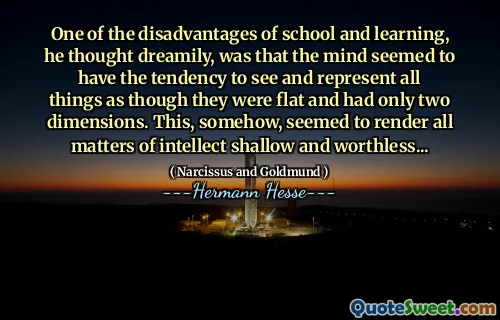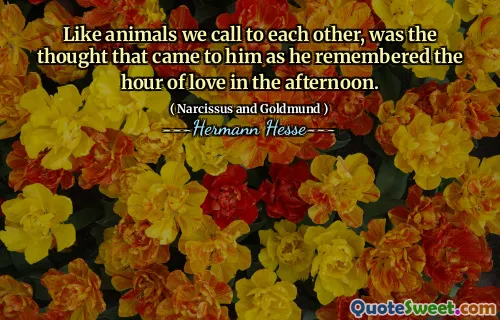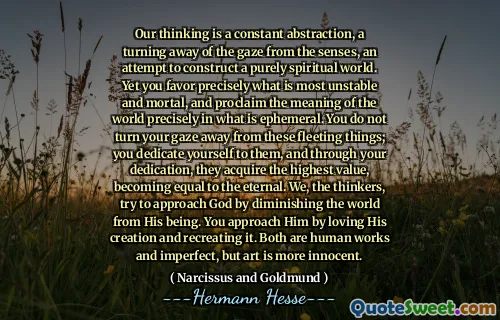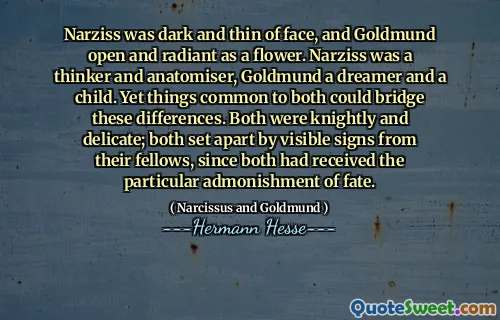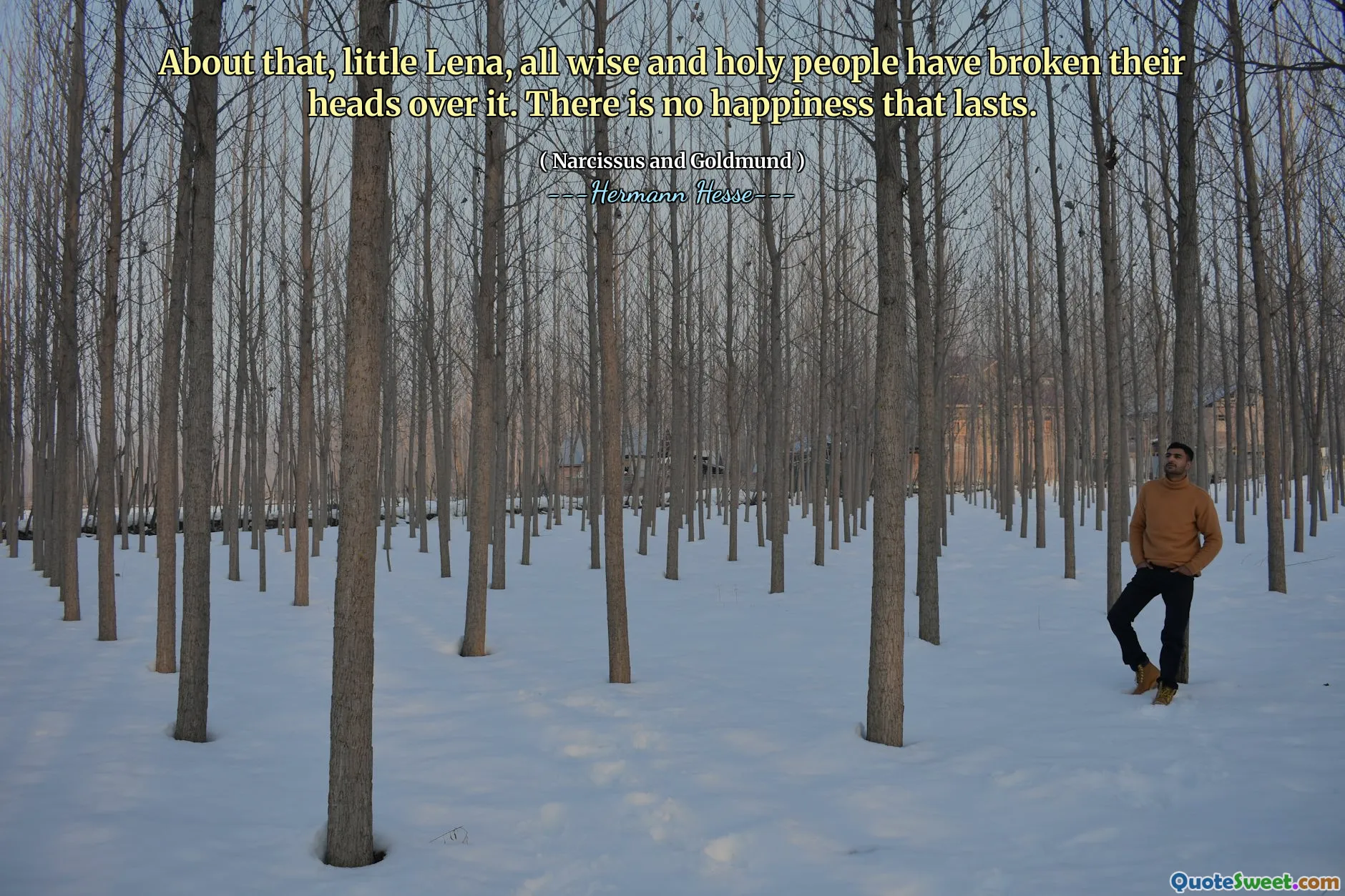
About that, little Lena, all wise and holy people have broken their heads over it. There is no happiness that lasts.
This quote poignantly captures the universal human experience of the fleeting nature of happiness and the persistent struggle to attain lasting bliss. It evokes a sense of humility, reminding us that even the most revered and enlightened individuals, those considered wise or holy, have grappled with the mysteries and challenges of achieving enduring happiness. This acknowledgment can comfort us in our own pursuits, emphasizing that the quest for lasting joy is a shared human endeavor, often fraught with difficulties. The idea that everyone, regardless of their spiritual or intellectual maturity, encounters obstacles in the pursuit of happiness suggests that such struggles are intrinsic to the human condition. It provokes reflection on the transient nature of pleasure and contentment, urging us to accept the impermanence of joyful states as part of life’s ebb and flow. Recognizing that even the most enlightened have 'broken their heads' over happiness can be humbling and might inspire patience and resilience. It pushes us to reconsider our expectations—perhaps happiness isn't a constant destination but an ongoing journey marked by temporary moments. Embracing this aspect of human existence can foster a more compassionate attitude towards ourselves and others, knowing that the pursuit itself is valid even if the elusive perfect happiness remains out of reach. Such insights, echoed in this quote, invite us to find solace not in permanence but in the appreciation of transient joys while accepting life's inevitable fluctuations.
*Book: ( Narcissus and Goldmund ) *Author: Hermann Hesse
